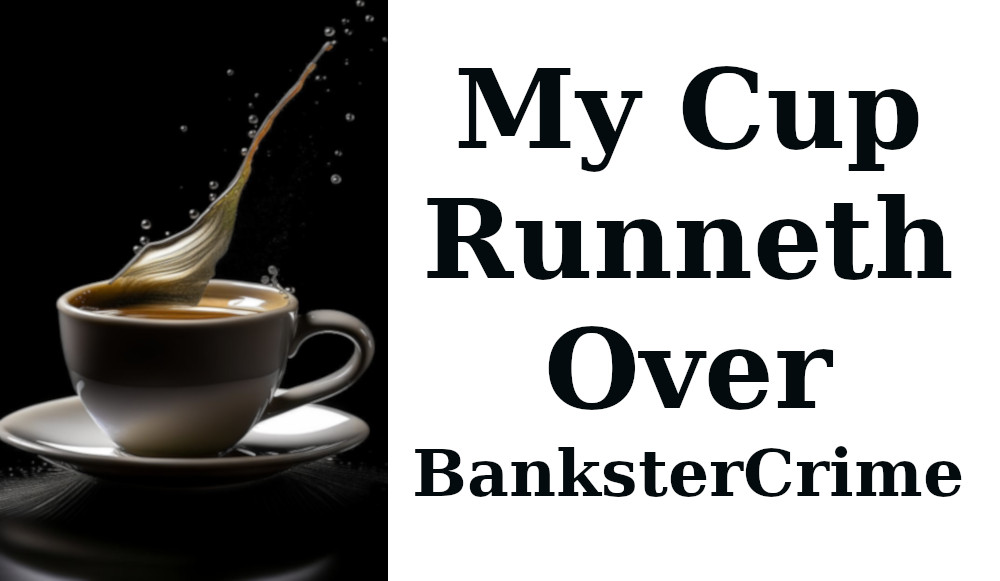
| Illustration: Natalie Peeples/Axios |
| Bitcoin is more accessible than ever with the January launch of spot ETFs, but before some investment pros can even talk about those flashy new tools, they have to do their homework… and maybe even pass a test.Why it matters: Waning enthusiasm around the bitcoin ETFs expressed by recent outflows threatens to fade the Year of Bitcoin — but that could change given the effort underway.The big picture: The next wave of ETF interest will reportedly include pension funds, endowments and at least one major brokerage platform. But institutional 🍊 adoption requires a great deal of education.When spot bitcoin ETFs debuted, some advisers and adviser networks got to work immediately, but even those efforts have required time.Zoom in: San Diego-based Cetera Financial Group, which has roughly 13,000 affiliated wealth advisers, was one of them, according to Matt Fries, head of investment products at the firm.The firm was aware of client demand around the bitcoin ETFs — albeit from a “specific type of investor” — and wanted to “find a way to get comfortable” with offering the products on their platform, he says.He described it as an all-hands situation, in which various parts of the firm got to work — analyzing the 11 spot bitcoin ETFs available, thinking about risk controls around exposure, and how to educate/train their advisers.How it worked: Cetera issued a policy announcement in mid-March, which detailed how its affiliated advisers could use the four selected bitcoin ETFs on its platform.Ahead of that announcement, some of the more gung-ho advisers completed required training and passed a test, Fries says, adding that their supervisors also had to complete training. Still, there are certain conditions — spot bitcoin ETFs are only allowed to be used in commission-based accounts, and not on advisory accounts where advisers would collect a fee. There are also limits on how much can be parked in them. Cetera’s goal isn’t to push bitcoin, it’s to push bitcoin education.”What we want is to provide advisers with clients asking those questions tools to have an educated conversation around that.”The bottom line: The first wave of adoption for bitcoin ETFs may have hit a wall. The next wave of growth will likely be fueled by another source. |

![]()



